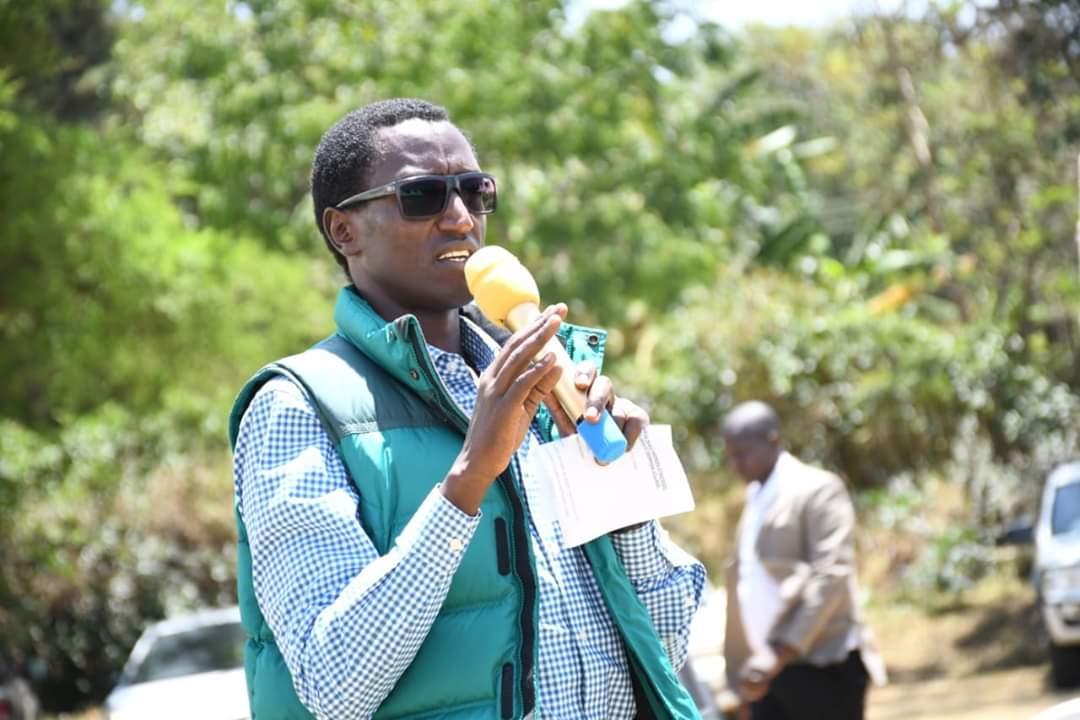Why Kenya’s higher education is a model for others

Higher education is a cornerstone of national development, playing a pivotal role in shaping Kenya’s human capital, driving economic growth, and enhancing innovation. In my visits to more than 13 African republics, with opportunities to explore their higher education and research legal frameworks, regulatory bodies, and initiatives, I gained a new perspective on Kenya’s robust educational organisation.
The Kenyan government has prioritised higher education by investing in accessible, affordable, and quality university systems, overseen by multiple agencies, each addressing specific needs. Central to these efforts is the Ministry of Education, with three departments focused on various education levels. Within higher education, the State Department for University Education and Research leads policy, development, and strategy implementation, while the Commission for University Education (CUE)ensures programme quality through accreditation and audits.
The Kenya Universities and Colleges Central Placement Service fairly distributes government-sponsored students across institutions based on merit, promoting equity in admissions. Financial access is enabled by the Higher Education Loans Board, which provides loans to students from low-income families, complemented by the Universities Fund, which advises on and allocates university funding based on enrolment and needs.
Internationally recognised standards are ensured by the Kenya National Qualifications Authority, facilitating global student mobility and employment. Vocational and technical training is reinforced by the Technical and Vocational Education and Training Authority, bridging academic and practical skills for industry needs. Meanwhile, the Kenya Institute of Curriculum Development, while focused on pre-university education, advises universities on aligning programmes with national curriculum standards, and fit into the broader educational framework.
Research and innovation are central to Kenyan universities, supported by the National Research Fund, which funds competitive research grants in key fields like health and agriculture. The National Commission for Science, Technology, and Innovation (NACOSTI) enhances innovation by accrediting research and enhancing industry partnerships, aligning academic pursuits with market needs and aiding in commercialising innovations.
Professional bodies such as the Engineers Board of Kenya, Kenya Medical Practitioners and Dentists Council, and Council of Legal Education maintain standards within specific fields, partnering with CUE to align curricula with industry demands. Regionally, the Inter-University Council for East Africa promotes educational harmonisation and mobility within the East African Community, strengthening collaboration and shared quality standards.
Government initiatives have expanded public universities and constituent colleges, significantly increasing enrolment. Enrolment in public universities alone increased dramatically, from 233,218 in the 2018/2019 financial year to 356,188 in 2022/2023. Improved infrastructure, including modern facilities and digital learning platforms, enhances the educational experience, and the adoption of the Competency-Based Curriculum emphasises skills critical for the workforce.
Recent funding models like the Differentiated Unit Cost and New Funding Model, geared towards improving resource allocations based on programme costs and student needs, reflect the government’s commitment to educational equity.
Kenya has established a comprehensive framework that demonstrates a commitment to making higher education more inclusive, innovative, and relevant. Kenya’s commitment to quality assurance, strategic funding, and curriculum development in its higher education system stand out as a benchmark for excellence in Africa.















